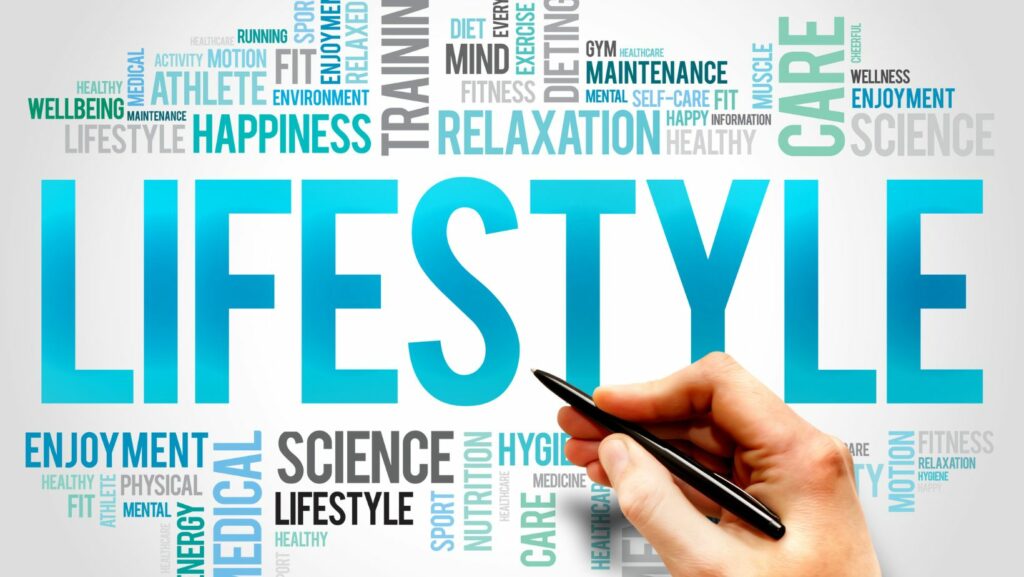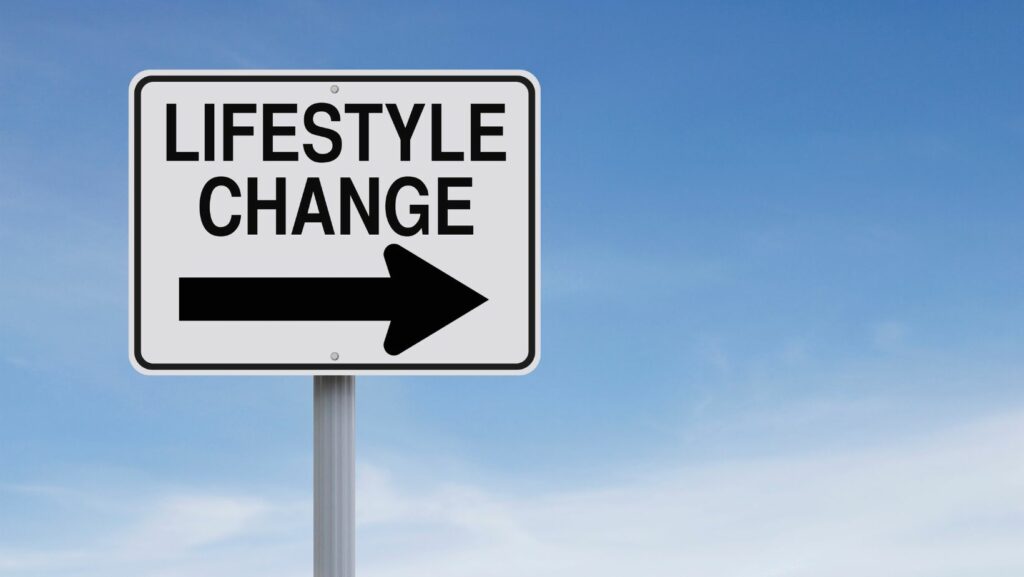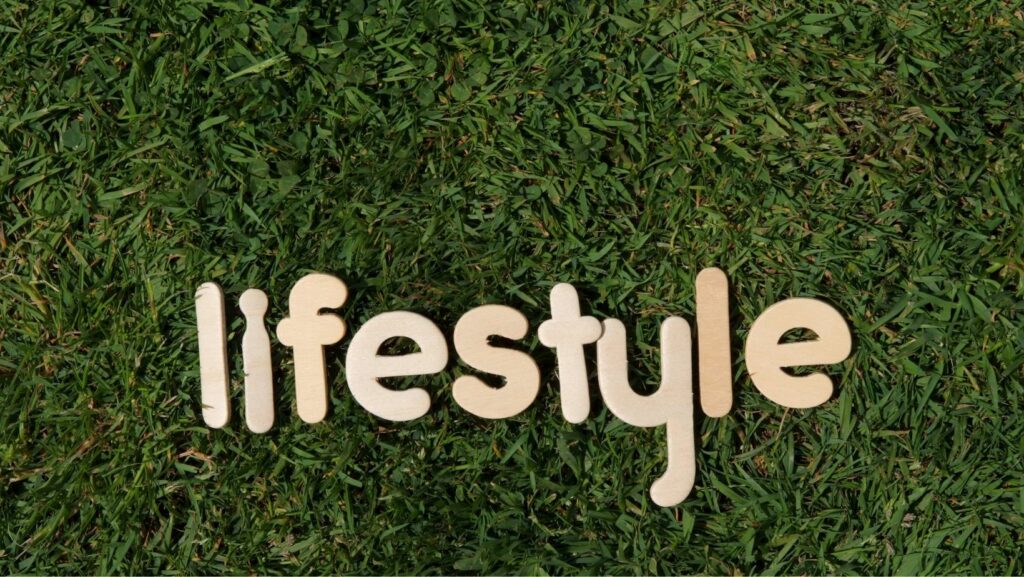Minimalism isn’t a one-size-fits-all concept. It’s a personal journey that looks different for everyone. Some may choose to pare down their belongings to the bare essentials, while others may focus more on reducing mental clutter.
Minimalist Lifestyle
The essential concept of minimalism revolves around intentional living. It’s not just about owning less or striving for a monochrome aesthetic. Instead, it’s about making conscious and deliberate choices to only engage with things, people, and activities that add value to one’s life.
Minimalism advocates having fewer things to free up the space and time spent on maintaining them. It means getting rid of the superfluous and retaining only what matters. One will find that they don’t need as much as they thought they did, thus releasing attachment from worldly possessions. The benefits of embracing this lifestyle can be palpable.
It must, however, be noted that minimalism is not a one-size-fits-all lifestyle. It varies greatly for different individuals. For one person, minimalism might be about reducing their wardrobe size. To another, it could mean purging digital distractions, investing time in hobbies, or making room for more meaningful relationships. Minimalism, at its core, calls for reshaping one’s life around experiences rather than possessions.
If the thought of exquisite simplicity and intentionality seems overwhelming, remember that it’s not an overnight transition. It’s a continuous journey of making conscious decisions, gradually shifting towards living with less but more meaningful items or experiences.
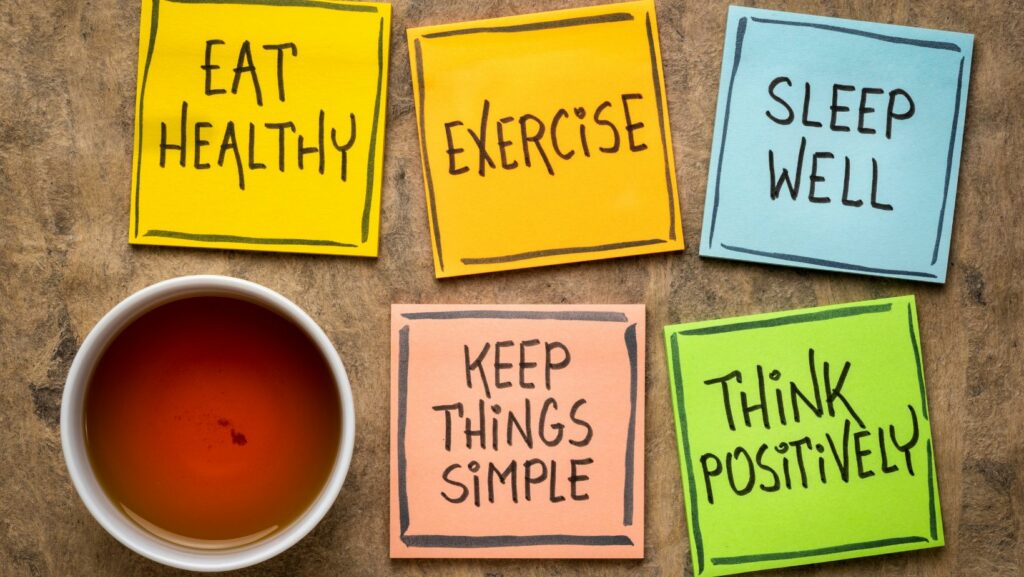
Benefits of a Minimalist Lifestyle
Adopting a Minimalist Lifestyle comes with a multitude of rewards that extend far beyond just having an aesthetically pleasing, clutter-free environment. Let’s dive into the perks associated with living minimally.
Mental Freedom
An immediate benefit of embracing minimalism is the mental headspace that opens up. Reducing physical clutter also reduces mental clutter. It gives the mind a breather, releasing worry about owning or maintaining possessions. Suddenly there’s room to think, to breathe, to live more mindfully.
Financial Benefits
Minimalism can significantly impact financial health. By consciously choosing to own fewer items and prioritising experiences and essentials over non-essential purchases, the financial load lightens. Money that would’ve been spent on possessions can be redirected towards meeting more meaningful goals such as travel, retirement, or even self-development. It promotes wiser spending habits encouraging investment in quality over quantity.
Time Saving
Another silent yet powerful benefit is the gift of time. Maintaining numerous possessions takes time, not to mention the moments consumed by shopping, cleaning or simply worrying about them. When possessions are limited, fewer hours are spent on upkeep, freeing up precious time which can be spent on meaningful activities, hobbies or building quality relationships.
Environmentally Friendly
Stepping into a Minimalist Lifestyle is also a step towards a more sustainable environment. By reducing consumption and waste, minimalism supports a lesser strain on our planet’s resources. It’s a movement that embraces mindful consumption, where every purchase decision weighs the environmental impact, contributing to the larger global conversation about conscious living.
Minimalism is a tool allowing one to break free from the rush of consumerism, ushering in a life of simplicity and intentionality. The benefits of a Minimalist Lifestyle are profound, evolving beyond the physical to a space of emotional and mental fortitude. It’s all about being more with less and perpetually striving towards a balanced and fulfilling existence.
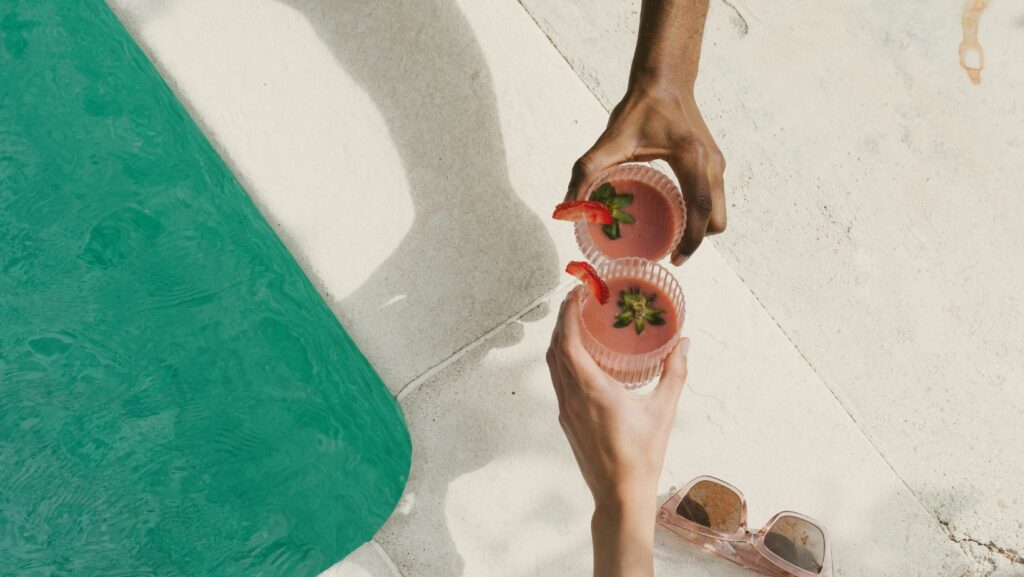
Personalising Your Minimalist Journey
Every individual’s approach to minimalism will be unique, reflecting their personal values, lifestyle, and aspirations. That’s the beauty of a Minimalist Lifestyle – it’s not defined by a strict set of rules, rather it’s a flexible philosophy which you tailor to serve your specific needs.
To begin personalising your minimalist journey, it’s essential to firstly determine what minimalism means for you. For some, it might be about decluttering the physical environment, while others may focus more on simplifying their mental space, freeing it from unnecessary stressors and distractions.
The key to finding success on this journey is setting practical, achievable goals. Perhaps it’s decluttering a closet or desk, or maybe it’s saying no to unimportant commitments that eat into valuable ‘you’ time. The aim isn’t to compete with an ideal image of minimalism seen online, but to create a minimalist routine that complements and enhances your life.
Incorporating minimalism into your daily routine can also be a game-changer. It’s about adopting small but consistent habits that bring you closer to your established goals. This might involve a regular ‘digital detox’, creating clear work-life boundaries, or shopping more consciously by choosing quality items over quantity.

